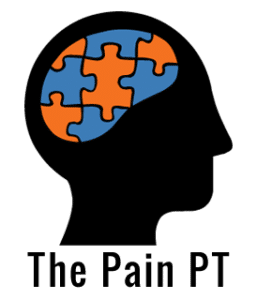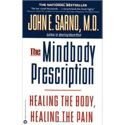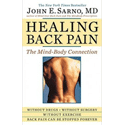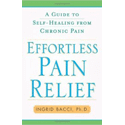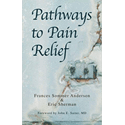Mind Over Matter: How Your Perceptions Shape Your Health
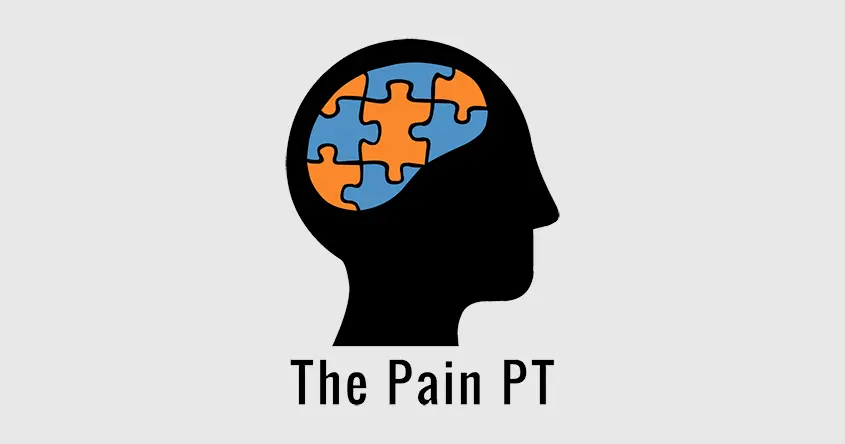
Mind over matter? I found these two studies linked here very interesting as they show the power of the mind alone in affecting our health. I will talk about these in a moment. First I find it fascinating that many of us still think the mind is somehow separated from the body. I jokingly ask people: Where do you think mental and emotional stress go? Out your head or into your body? The answer is simple but somehow we’ve forgotten our mind can have a direct impact on our body. Let’s go over these studies to show this powerful connection.
The first one followed 60,000 people over 21 years. People were asked to rate how active they thought they were, as compared to their peers. The researchers also gathered different health information from questionnaire responses, demographics, medical history, physical exam, and physical activity data. What the article said directly was “the data was analyzed in many different ways, including correcting for all these other important factors that could also influence their conclusions. The results were surprising. No matter how they ran the numbers, if people thought they were “a lot less active” than their peers, this was associated with a statistically significant higher risk of death: at least 18% when compared to the general population (those whose data were not included), and up to 71% higher when compared to people who thought they were “more active.” Again, this is regardless of actual physical activity or other health risk factors (smoking, being overweight, etc.). Pretty incredible to see how our perceptions alone affect our reality going forward.
The second study looked at “84 women whose job (cleaning hotel rooms) was very active. Half of the women were informed that what they did for work was very active, active enough to meet recommended exercise levels. The other half got a lecture about physical activity and exercise recommendations, but no one told them that they were sufficiently active. Interestingly, after only four weeks, not only did the informed women report that they were more active, they also had decreases in weight, blood pressure, body fat, waist-to-hip ratio, and body mass index.” These physical changes were again directly influenced by the mind and the perceptions and beliefs we have.
I want to highlight these studies because it shows how important our beliefs, perceptions, and thoughts are in relation to our health. We know the brain is firmly implicated in the production and persistence of chronic somatic symptoms, so it becomes even more important to shift our minds so they can have a positive impact on the body.
